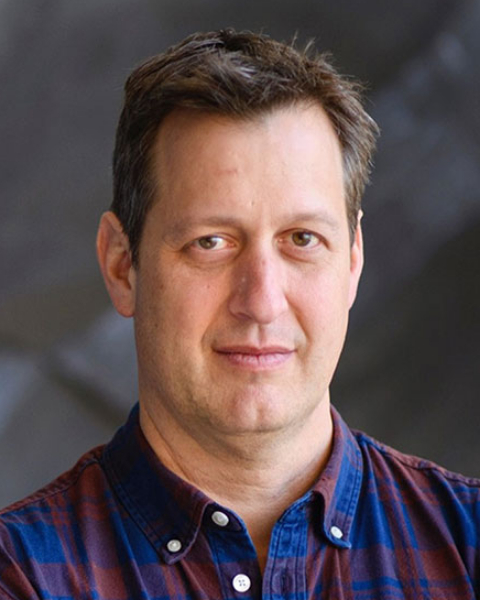Organized Oral Session
OOS 45 - Integrating Theory and Big Data for Species on the Move
-

Malin Pinsky
Associate Professor
Rutgers University
New Brunswick, New Jersey, United States -

Jonathan Levine
Department of Ecology and Evolutionary Biology, Princeton University, United States
-

Malin Pinsky
Associate Professor
Rutgers University
New Brunswick, New Jersey, United States
Organizer(s)
Co-Organizer(s)
Moderator(s)
While ever-larger syntheses of Anthropocene species distributions have demonstrated that species are shifting their ranges, individual responses are often context-dependent and we have yet to fully understand the general processes driving these dynamics. To advance the field, this session will bring together two historically divergent approaches to building generalizable knowledge about range shifts. First, ecological theory is designed to abstract away from system details in ways that provide useful insight of broad utility. Second, the explosion of data on where and when species have been found and new approaches to data science provide opportunities for testing general processes and principles across taxa, ecosystem, and realms. However, most of the first generation of big data approaches to understanding dynamic species distributions left much of ecological theory behind other than concepts of the Grinnellian niche. This approach implicitly assumes that species remain in equilibrium with their habitat. In contrast, ecological theory makes clear that species and communities are rarely at equilibrium, that transient dynamics are common, and that ecology and evolution often operate on similar timescales. How can we move beyond equilibrium and non-evolutionary assumptions in understanding species ranges and their dynamics across space and time? This session will focus on novel efforts to integrate ecological theory with big data to understand how, why, and when species ranges move and how this information can be used to guide societal decisions and climate adaptation. We will start with novel ecological theory for dynamic environments, explore approaches to integrating data with mechanistic ecological models, and end with the applications to decision making.
Presentations:
-
1:30 PM – 1:45 PM EDTCan increasing genetic diversity help plants adapt to warming near their warm range margin?
Presenting Author: Christopher P. Nadeau – Northeastern University
Co-author: Christopher P. Nadeau – Northeastern University
Co-author: Randall R. Hughes – Northeastern University
Co-author: Nicholas Fisichelli – Schoodic Institute
Co-author: Abraham Miller-Rushing – National Park Service
-
1:45 PM – 2:00 PM EDTUnderstanding species on the move with environmental DNA - worthy work or a bunch of warm water?
Presenting Author: Jennifer Sunday, PhD – McGill University
Co-author: Matthew Lemay – Hakai Institute
Co-author: Kate Sheridan – McGill
-
2:00 PM – 2:15 PM EDTForecasting range shifts with process-based models and big data
Presenting Author: Alexa Fredston – Rutgers, The State University of New Jersey
Co-author: Daniel Ovando – University of Washington
Co-author: Andrew Allyn – Gulf of Maine Research institute
Co-author: Malin L. Pinsky – Rutgers University
-
2:15 PM – 2:30 PM EDTOcean Fronts and 30x30: Conserving dynamic ecosystems at last call for Marine Protected Areas
Presenting Author: Lee Hannah
Co-Author: Jessica Couture
Co-Author: Isaac Brito-Morales
Co-Author: Patrick Roehrdanz
-
2:30 PM – 2:45 PM EDTThe geographic footprint of mutualism
Presenting Author: Joshua Fowler – Rice University
Co-author: Marion L. Donald – Manaaki Whenua Landcare Research
Co-author: Judith L. Bronstein – Department of Ecology and Evolutionary Biology, University of Arizona, Tucson, AZ 85721
Co-author: Tom E.X. Miller – Rice University
-
2:45 PM – 3:00 PM EDTCan species traits explain climate-induced range shifts across taxa and realms?
Presenting Author: Lise Comte – Illinois State University
Co-author: BIOSHIFTS working group – CESAB – Centre for the Synthesis and Analysis of Biodiversity
